 ———-
———-
Hellraisers Journal – Saturday July 31, 1920
“The Mexican Revolution” by Carleton Beals and Robert Haberman, Part III
From The Liberator of July 1920:
The Mexican Revolution
By Carleton Beals and Robert Haberman
[Part III of III.]
There are other interesting personalities behind the new revolution-Calles
[Plutarco Elías Calles] (pronounced Kah-yayz), for example, ex-military governor of Sonora, Secretary of Commerce and Labor and leader of the Sonora secession. He is without doubt the most forceful, the most radical, the most intelligent and widely informed among the present leaders of Mexico.As governor of Sonora he proved himself a champion of labor, and he gave the Indians lands, and each a gun and five hundred rounds of ammunition with which to protect and hold them. Carranza immediately telegraphed him, when these acts became known, to take back the lands. Calles replied: “Send a stronger man than I am, for I can’t do it.” Calles has tried to enforce Article I23 of the Constitution, which is the most enlightened labor code of any capitalist country. As a result the Phelps-Dodge Company, which operates the great copper mines at Cananea, closed their works. Calles instructed the workers to take charge of them and run them. He told me how surprised he was to see how well they did it. The representatives of the Phelps-Dodge Company hurried back upon the scene with a great bill for damages. Calles admitted their claims, but then he turned to the Mexican constitution.
“I read here,” he said, “that any company that ceases operations without giving two weeks’ notice must pay three months’ salary to its employees. Go bring your payrolls, and we will strike a balance to see how much YOU owe the workers, whom I represent.” The mine representatives decided to return to Cananea and put in safety appliances, build club rooms, reading rooms, and, to crown all, a huge concrete swimming pool for the workers.
“Do you know of any other mine in the world that has a swimming pool for its workers?” Calles asked me as he told this story, and then he laughed. At the same time the same company, just over the international line in Bisbee, was driving its workers, across the heat-eaten sands of the desert. so Calles, not being able to enforce Article I23 in the civilized United States, did what he could by sending food to the unfortunate victims.

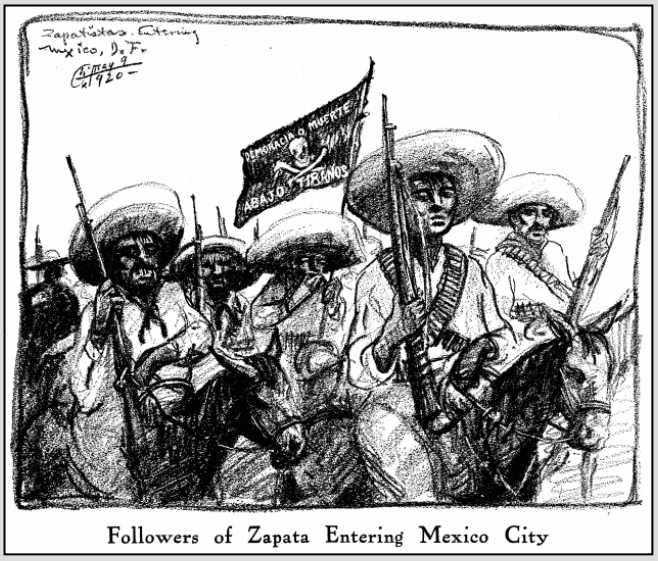
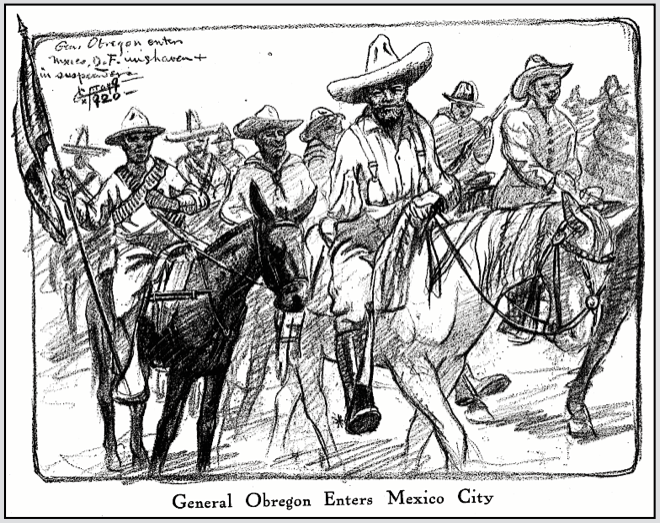
 ———-
———-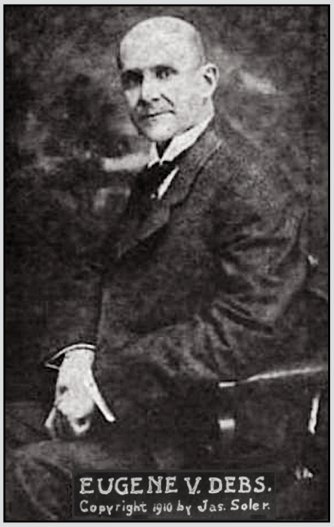
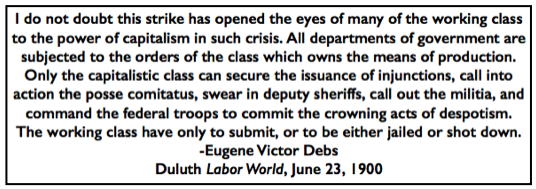 ———-
———-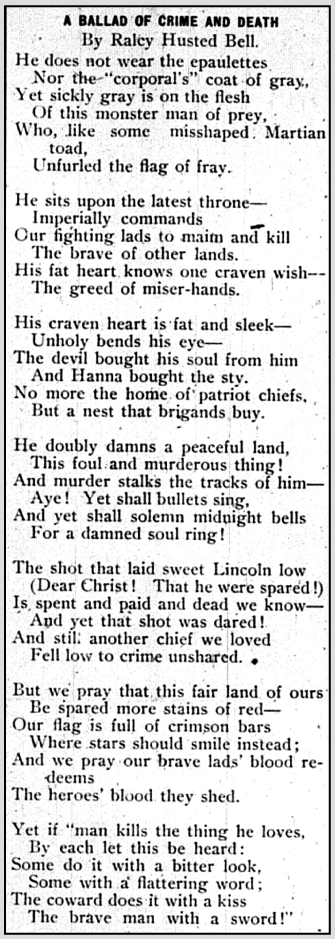
 ———-
———-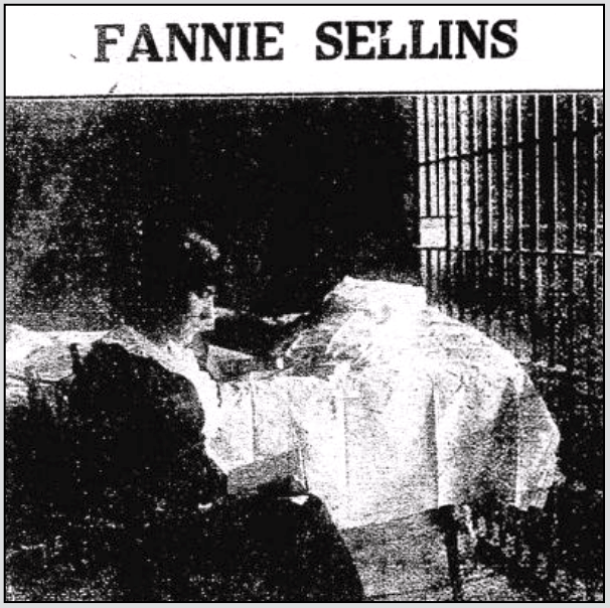
 ———-
———-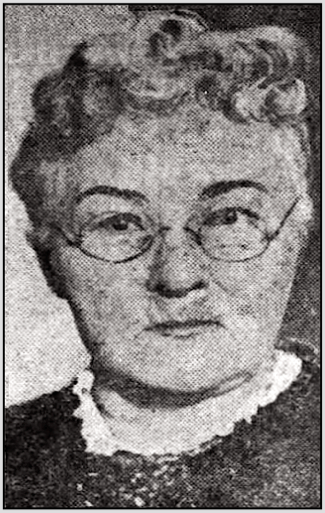
 ———-
———- ———-
———-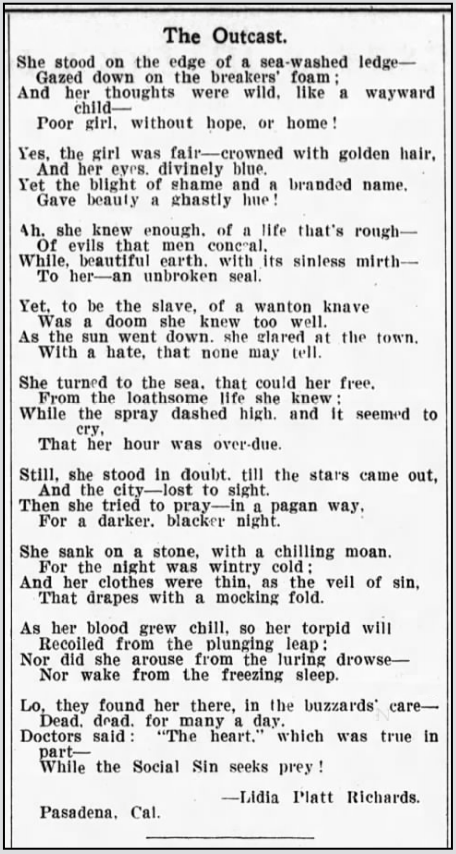
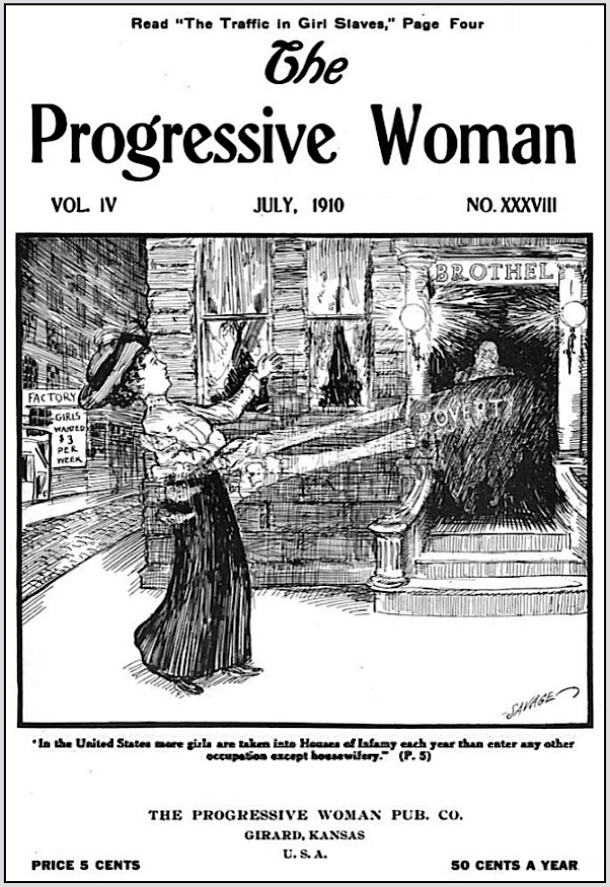 ———-
———-